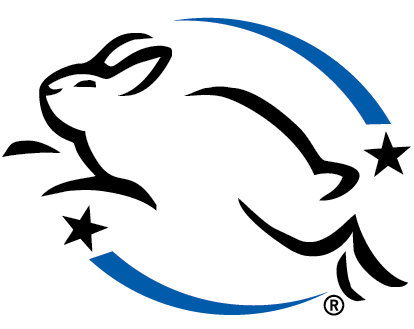Shop For Cruelty Free Products
It is unethical and absolutely unnecessary to submit animals to testing for the development of cosmetics or other household products. If you want to help animals, you have the power as a consumer to do so with your buying choices.
Using animals during product development and testing is largely a consumer issue. It is not going to stop unless caring consumers stand up for animal rights and leverage their purchasing power. It is possible to stop the unnecessary suffering of millions of animals every year by putting an end to animal product testing through the adoption of informed, humane practices.
If you are against animal testing, you can make a substantial difference by boycotting companies that engage in animal testing. Opting to use cruelty-free products instead is a means of putting pressure on the marketplace itself, besides an ethical choice. If more and more people stop buying the products of companies that support animal testing, we substantially hurt their sales, and therefore it’s more likely that those companies will reconsider their practices.
Cruelty-free shopping is about buying products that have not been used on animals for testing purposes, and products that do not contain animal byproducts. But this process doesn’t come without challenges, and the biggest challenge is how to distinguish such products. Luckily, considerable work has been done by animal rights groups who have compiled lists of companies outlining their animal testing practices. Moreover, they provide logos for companies to use in order to certify that their products are cruelty-free so customers can identify them more easily.

If you wish to buy such products that conform to a higher standard, you can keep an eye out for such cruelty-free logos. The most trusted of these is the Leaping Bunny. For a product to hold this logo, a number of rigid requirements and standards must be met as defined by CCIC, the Coalition for Consumer Information on Cosmetics. This organization acts as a federation of multiple animal rights groups.
To earn the CCIC certification, a company must conform to the following:
- It doesn’t do animal testing on any of its products.
- It doesn’t use ingredients that underwent animal testing after the date of CCIC certification.
- It abstains from selling their products to countries that require testing on animals.
- Their entire supplier chain, ranging from producers of ingredients to those of finished products, declare in writing that they don’t test their products on animals.
- A CCIC-appointed firm conducts independent auditing of the company to ensure that all suppliers conform to their statement.
The Leaping Bunny logo appears on certified companies’ products and is an internationally respected sign of reliable, animal-friendly products.
The Leaping Bunny Logo is just one way to distinguish animal-friendly products. There are also online registries of all the animal-friendly certified companies. To view these lists, you can visit their website at leapingbunny.org.
These registries are particularly useful when you are doing online shopping of personal care products. If you are not sure about a company, you can cross-check with the Leaping Bunny Approved Brands lists and validate them.
Some companies haven't acquired a license for the logo, but you still can do a quick online background check on companies lacking the logo. The Leaping Bunny program offers a relevant app, and you can also get a wallet-sized guide in the mail for free. You can even download the guide and print it, or keep it in your smartphone in digital form.
You can also support the animal-friendly notion by making your own cleaning and personal care products. By doing so, you have the highest assurance that no animal testing was conducted, as well as assuring that your products contain no toxic chemicals. A wide variety of products can be made at home using natural substances: shower gel, shampoo, lotion, conditioner, toothpaste, bathroom cleaner, window cleaner, and much more. Chances are that you already have most of the ingredients you’ll need. Additionally, many of the products you make at home have multiple uses. You can learn how to make homemade natural products for cleaning and personal care on the Internet.
By adopting animal-friendly consuming habits, you both support companies that adhere to ethical practices and apply pressure to other companies to do the same. If you prefer to make your own products, you not only help animals but also the environment. Simple lifestyle choices, activism, and animal-friendly shopping can positively affect the lives of animals worldwide.
